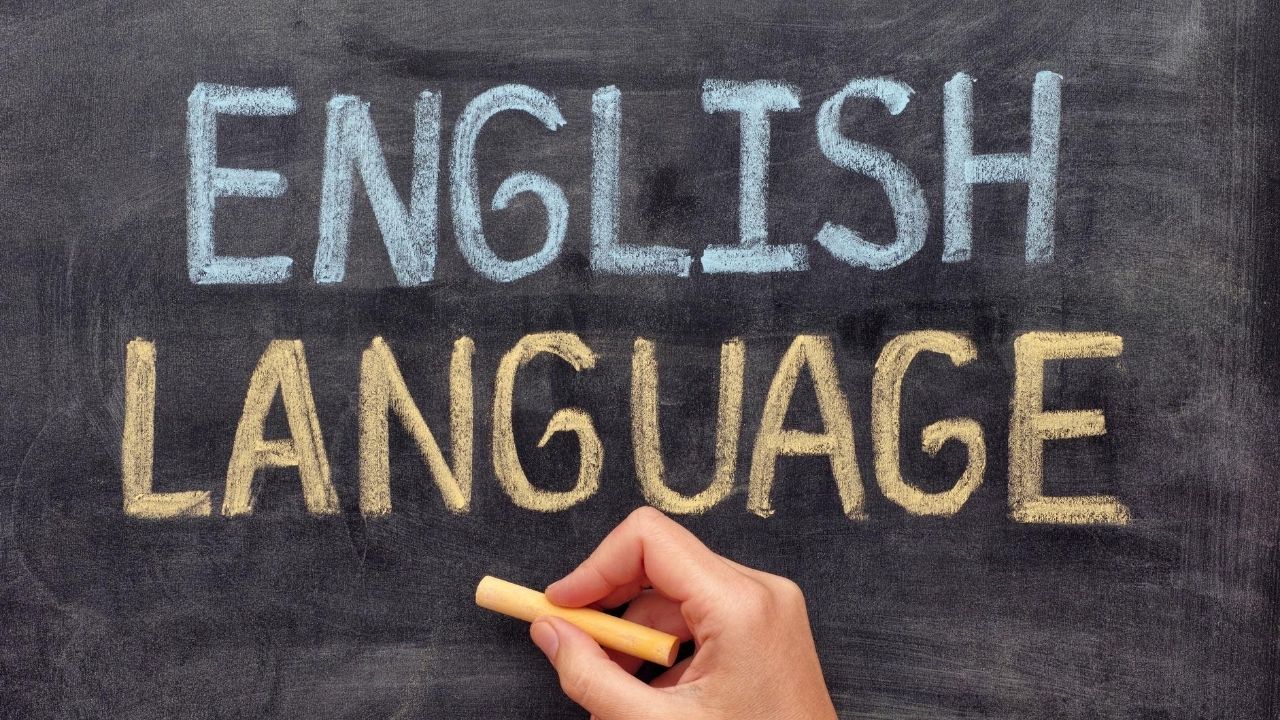So much teaching of all descriptions has gone online since the start of the Covid pandemic but in the world of TEFL, the use of digital media and tools has been around for a while now and these are not the only innovations. Here is a digest of some of the things that are new in TEFL in the last few months, a range of tools, tech and other developments for all ages and learning levels.
Blended learning
This is a mix of traditional classroom-based seminars, lessons and lectures with online sessions and this combination can be found right the way through the educational system from primary school through to sixth form, higher education and on into the realm of mature adult learners.
Mobile learning
Online resources for TEFL students are everywhere. Use a mobile app like Wordable created in collaboration with Cambridge University Press to practice language learning with vocabulary transformed into a fun and competitive game which students can share with their friends. Oxford University Press offers ‘Essential English’ which is mobile technology providing free resources to students and teachers alike including phrasebooks, lesson plans, flashcards and activities.
Gamification
For football lovers, download LearnMatch which uses friendly matches, training sessions, leagues and cup games to inspire young pupils to enjoy learning vocabulary. Get Set, Go! Phonics from Oxford University Press employs songs, games and chants to help pre-school children develop an awareness of phonics.
Embodied learning
Embodied learning is based on the idea that learning is not just about the recall ability and capacity of the mind, it involves using the body as well for collaboration, discussion and exploration. For success, learners need to be engaged intellectually, emotionally, physically and socially. Take a look at Doodle Town by Macmillan Education, this uses visuals, audio and hands-on activities to inspire and stimulate effective learning. Aimed at young learners, this is about drawing, creating and exploring boundaries.
Inquiry-based learning
Some of the offerings in this sector are aimed at teenage learners and use video and audio content rooted in reality to encourage teenagers to practise soft communication skills and prepare them for 21st-century living. National Geographic has produced a four levels series in British English and American English to help teach adult learners to think critically and to develop the language skills they need to find their own voice in English. Called Perspectives, these carefully crafted language lessons and true real-world stories motivate learners to think creatively and communicate effectively, it takes learning the English language to a whole new level.
Multi-literacy and trans-languaging
It used to be the case that the TEFL classroom was a place where only English was spoken and that the native language was not allowed. Now, the shift is towards celebrating the mother tongue as an asset and rather than diminish this language in the TEFL context, there is a shift towards encouraging learners to use their own language/s in the TEFL classroom setting. Linguistic diversity is celebrated in courses like the Family Skills Toolkit from Learning Unlimited which encourages parents and teachers looking after the education of children to see bilingualism as a benefit rather than a disadvantage and not to weaken the native tongue.
Specific needs of different learners
This is all about ‘glocalisation’ which is essentially adapting an international product or offering to fit what people want and need in their particular culture. This doesn’t just apply to teaching across the globe but also to providing English language sessions to specific fields like the healthcare sector, the legal industry and other specialisms. Bespoke relevancy and English for Specific Purposes or ESP is the way forward now with resources like ‘Supporting Learners with Dyslexia in the ELT classroom’ which is a fabulous tool to reach and teach students with learning challenges like dyslexia through to online EAP lessons and materials for Syrian academics exiled across Turkey.
Write and share your own content
There are apps and programmes which allow learners to create their own content and then share what they have created with other students. Two of the most popular sites online are Socrative and Quizizz which are for both pupils and teachers to make up their own online games and then share them around the world. There are other programmes in a similar vein designed for much younger learners which feature hands-on projects helping them learn as they create.
Learning and teaching management platforms
Make your life easier as a TEFL teacher with a platform which co-ordinates all your handouts, tasks, activities and homework in one easy location for your students to use, to share information with you and submit completed assignments. These platforms also facilitate access for other stakeholders like teachers and parents allowing your employer to see the lesson plans and materials their teachers are using. Some of these platforms offer a reporting facility making light work of feeding back to parents and can save you hours of administration time as they co-ordinate and centralise your course content and do all the hard work for you, allowing you to just focus on the teaching.
The real litmus test of a new tool or resource is how much it enables the user to better grasp the English language and facilitate both their learning and utilisation of it. Shiny new apps are appealing but their true value lies in the extent to which they can deliver a definable outcome for the student. TEFL teachers need to stay current and focus on resources which motivate, engage and encourage their students in the most relevant and interesting way possible. Tech means that there are always new ideas coming onto the market but it is not all about technology; the seismic change of ‘English only’ classrooms represents a different trend in TEFL as the concept of bi and multilingualism becomes much more prominent. This is something to particularly embrace if you have a second language yourself or are studying modern languages and opens up a rich vein of opportunities for some linguistically orientated TEFL teachers.




